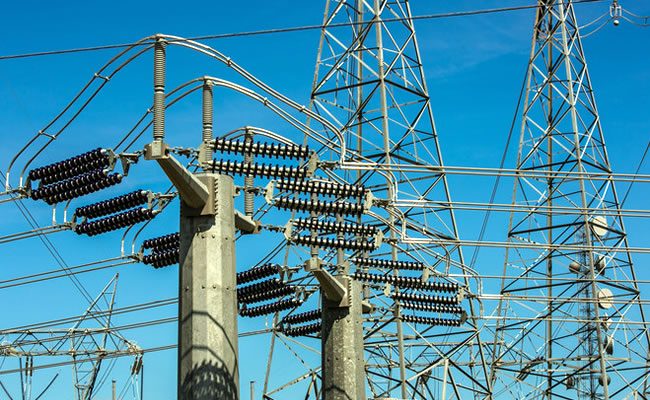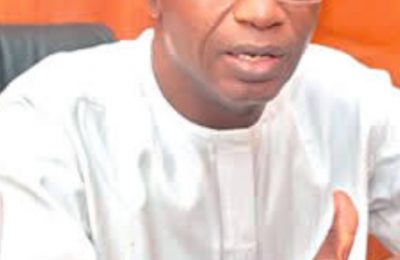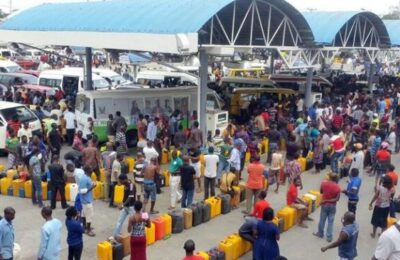
The National Orientation Agency (NOA) has revealed that persistent national grid collapses are primarily due to load rejections by Nigeria’s electricity distribution companies (DisCos).
In a statement on Tuesday, NOA explained that, despite significant infrastructure upgrades, DisCos continue to struggle with the capacity transmitted by the Transmission Company of Nigeria (TCN).

According to the agency, TCN’s capacity has been boosted through the Siemens project and internal upgrades, now reaching an installed wheeling capacity of over 8,100 megawatts (MW) and capable of distributing 6,000 MW.
The NOA noted that Nigeria’s power generation capacity also increased this year with the addition of the 700 MW Zungeru hydroelectric plant, bringing the national grid’s total installed capacity to about 13,610 MW.
However, the country’s 11 DisCos collectively operate at an active distribution capacity of only around 4,000 MW, creating a significant gap in the power distribution network.
ALSO READ: #EndBadGovernance: Shun any violent protest, Kano Gov warns minors
“On September 2, a peak generation of 5,313 MW was recorded, the highest in three years, but the DisCos rejected close to 1,400 MW due to their systems’ fragility,” NOA stated. This rejection of power loads by DisCos has consistently strained the grid, leading to repeated collapses.
The NOA pointed out that a key factor behind this issue is the limited cost recovery by DisCos, which has hindered their capacity to invest in critical upgrades.
As a result, distribution substations and other infrastructure remain outdated and unable to handle the volume of power available.
To address these issues, the NOA highlighted the federal government’s ongoing efforts, including the Presidential Metering Initiative (PMI), cost-reflective tariffs for certain customer categories, and an $800 million investment focused on substations and distribution upgrades.
These initiatives aim to strengthen Nigeria’s power sector by enhancing distribution networks and attracting new investments.
READ ALSO FROM NIGERIAN TRIBUNE







